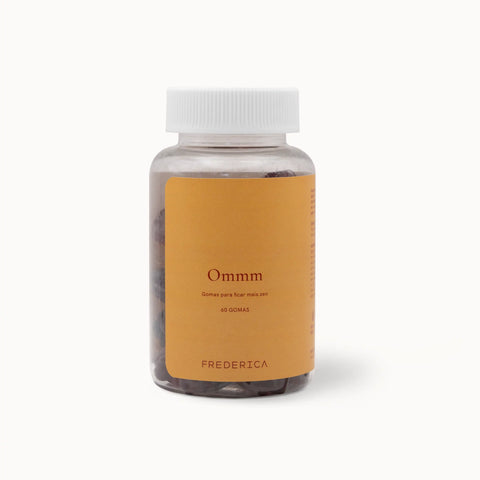Have you ever felt the desire to cook something delicious after a day that didn't go well? Sometimes, preparing a delicious meal is the best way to relax – especially when it takes a while to prepare. This process goes beyond just wanting to satisfy your appetite with something that pleases your taste buds, as cooking can literally be almost like a meditation session.
Slow down the mind
There are several psychologists and therapists who have demonstrated how cooking can be therapeutic. The psychological impact of cooking a meal, for yourself or others, can provide different experiences for different people, resulting in one of the most common sensations: the freedom to express one's creativity.
Cooking can offer us a feeling of power and action, something that is not always present in our lives outside the kitchen. According to experts, this task is a type of therapy known as “behavioral activation”, where behaviors are oriented towards achieving goals, avoiding procrastination (which could occur in other circumstances).
The feeling of control is inherent to the act of making a dish, because it is a project that needs to be started and completed effectively. And when we achieve it, we feel like we've done something right, while stimulating our creative senses. In the end, we will also be doing something that is, technically, a necessary part of our day.
Mindfulness for a healthy mind
Currently, cooking is a therapy that has been used as part of the treatment of some mental and behavioral health conditions, such as depression and anxiety.
Nutrition, in turn, is the link between the practice of cooking and the gesture of calming the mind. It's easier to control the quality of your diet when you prepare the majority of your meals, and there is also growing recognition that choosing a high-quality diet plays an important role in maintaining a healthy brain.
When you focus on a particular moment in this way, you are not reflecting on your deepest future concerns or past oversights. There is a mindfulness side to all of this, as mindfulness also helps reduce stress and allows for an attitude of greater enthusiasm for life.
Whenever you decide to cook, try, after preparing your food, taking a moment to reflect on how it got to your kitchen table. There was a whole set of processes and events before all these foods came to you. Reflecting on this can help you feel better about life in general.
Joy and connection
Dusting, ironing or folding our clothes doesn't give us the same joy as cooking. And this happens because eating is a naturally rewarding experience. Preparing meals is not simply a domestic task, it is a time of reward and, if we want, fun.
But kitchen therapy is also valid when done with others. Cooking together can encourage communication and cooperation with others, as putting a meal on the table means putting differences and resentments aside, allowing participants to focus exclusively on the task at hand. When food preferences do not coincide, this is also an opportunity to improve each other's conflict resolution skills.
So, when you have one of those absolutely exhausting and tiring days again – and all you want is to taste a dish that offers all the flavors you have right to – try preparing one of the recipes on our website and allow yourself to feel happier, more creative and, who knows, even more connected with the people around you. One thing is certain: you will end your day in a much more rewarding way.

















